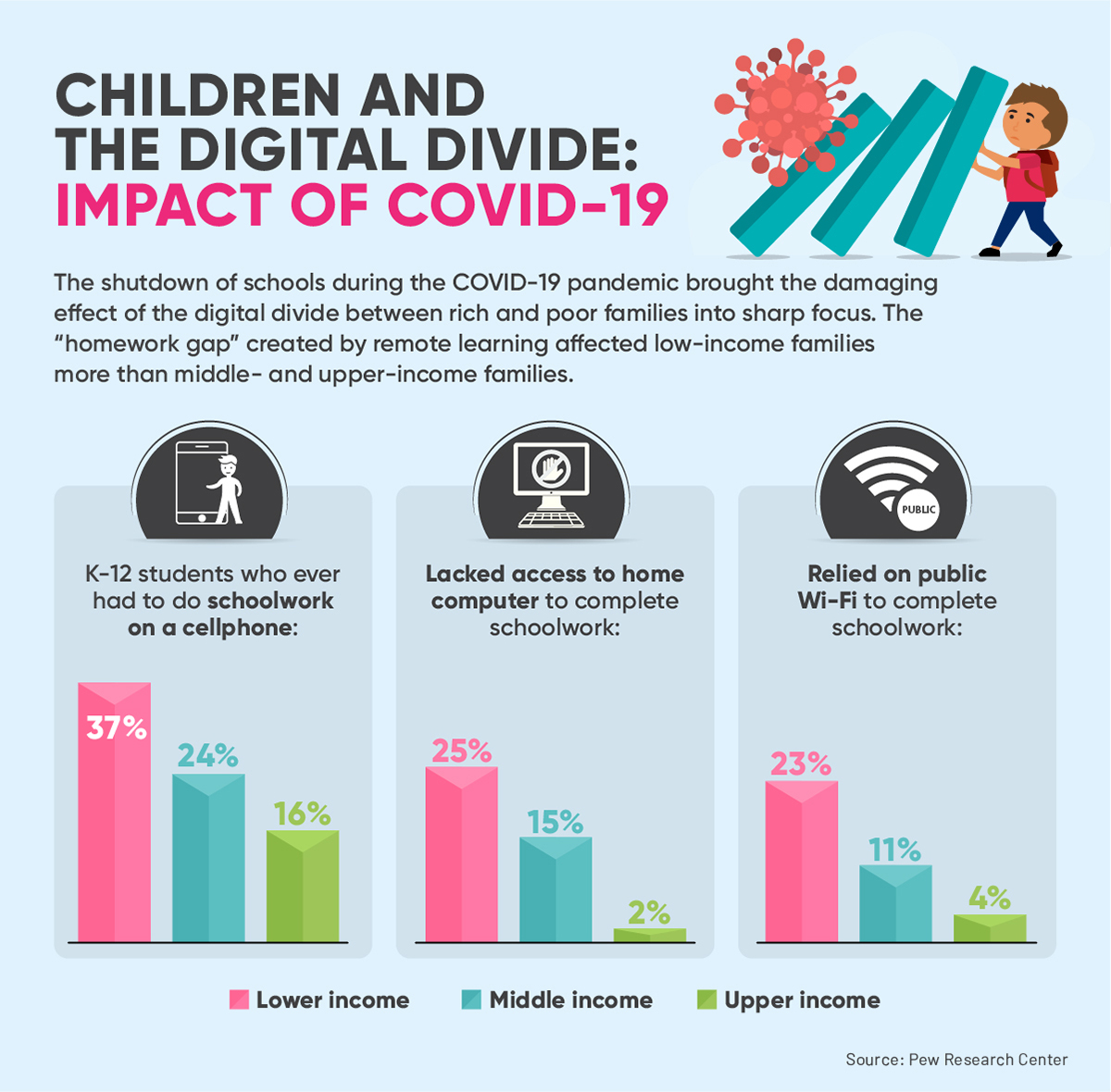






Crowdsourcing is the completion of something by means of a large quantity of people, especially through the internet. An entire company or individual could ask for specific resources from a group of people. This could be done to spread information or raise money. It allows the company or individual to have another means of collaboration which they wouldn’t normally get through regular employees or a hired professional. Crowdsourcing differs from crowdfunding since the people don’t work for a common goal and instead contribute only money in order to help someone further their business, help recover from tragedy, fundraise for something desperately needed, etc. Basically crowdfunding is when outside people would like to invest their money into someone so they can be better off. Kickstarter, Patreon, and GoFundMe are all popular crowdfunding websites. A pro of crowdsourcing is that it brings together a wide variety of people–potentially from across the world–with unique education and skill sets to work on a common goal or project. For example, Wikipedia is a website that uses crowdsourcing to increase and compile the amount of information accessed by the entire public. It is also cheaper than hiring an expert/experts from each field and having them write about the topic. A downside of this is that the information may be false due to the crowd being sourced on may be misguided. Crowdsourcing is also extremely useful in the sense that problems can be solved relatively quickly because of the people willing to help. It is also a way for companies to gain loyalty and trust with the customers by creating a community. A negative to all this is that the ideas that are created through crowdsourcing never actually belong to the company and pretty much anyone is able to gain access to the idea. Plus, it’s possible that the main purpose of the crowdsourcing is never actually accomplished.
learn more



created with
Website Builder Software .